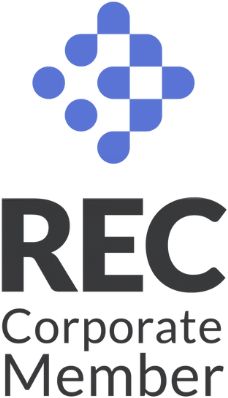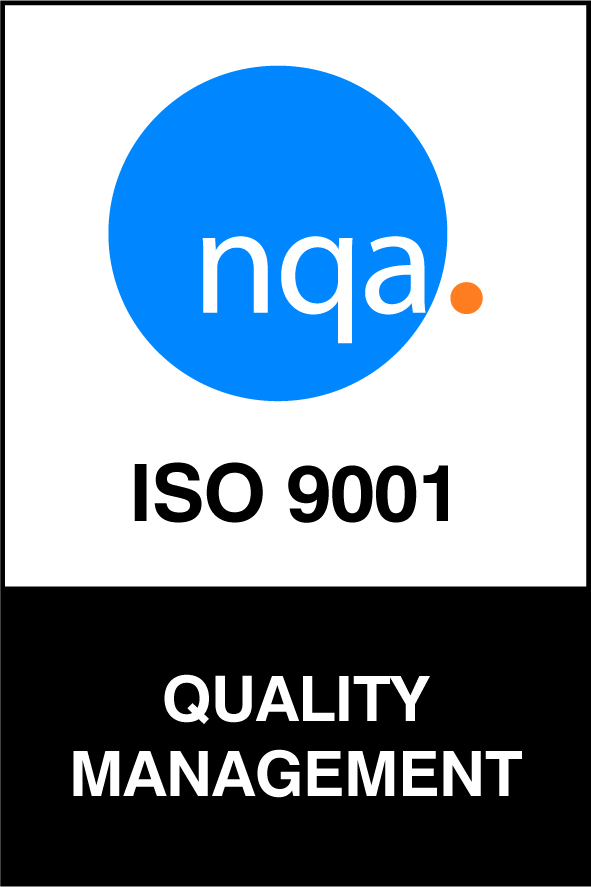American born Lisa Ann Pasquale has worked across the globe as an architect. She is now a building performance evaluator and technical specialist in low-energy design and quality management in construction. What a job title that is! On top of all that she also now runs her own specialist consultancy in building performance, Six Cylinder. We got the chance to speak to Lisa about how the UK compares to other countries, the routes into her career and how the industry can attract young women.
What made you first choose a career as a build physicist?
At school, I was quite a well-rounded student, but I was strongest in physics, chemistry, maths and design.I didn’t really know what I wanted to do, but my parents really wanted me to go to university. So a family friend suggested Architecture, as it combined a lot of the things I was good at. When I got to university, I found that I had far more interest in understanding how buildings worked rather than whether they looked nice to someone else, so I mostly gravitated towards the construction side and worked on site for a few years, solving very pragmatic problems on site, translating design ideas to things that could be quickly and sensibly built. I left the "designy bits" of projects to my co-workers who were far more engaged in that. I went to get a masters in Passive Design and Building Physics to better understand that side of building performance.
What is the largest number of women you have worked with on a project?
I don't know exactly, I've certainly worked for some architecture firms which were quite gender balanced, but the project teams tend to be more lopsided. It's not unusual that I'm the only woman in a room in a project meeting, or that there's less than 10% in a room.
Are people ever shocked when you tell them the industry you work in?
Not really, though I did have one boss a few years ago who quite enjoyed talking to contractors about me in non-gender-specific terms; he would refer to me as "they" and a 'technical specialist". The contractors would seemingly assume the technical specialist he was referring to was a man (or maybe several men), and then my boss would have a little laugh when I walked into the room, he'd introduce me as the technical specialist, and everyone's faces looked a little stunned. He had quite an amusing sense of humour.
If you could give your 16-year-old self some career advice what would it be?
It would be to take a year or two off and work in the industry, before going to university. I attended uni when I was extremely young, and forced to make quite quick decisions about what I wanted to study and where. So, I picked the most prestigious degree on offer, because it seemed like the safest bet for a good-paying career when I was that age. It wasn't the most economical route to my current position and it was one that put a huge amount of stress on me, which wasn't necessary.
I think young people are pushed into university far too young and with far too much emphasis on academic excellence. There needs to be more focus on being a whole person and not biting off too much, too quickly. The UK's system of NVQs is helpful for that sort of progression: First, to learn about the industry and gain some useful paid experience early on and then choose a university course more wisely when a bit older.

You have worked in several different countries as an Architectural Designer, was there a stark difference between the countries you worked in? And what was the gender balance there compared to the UK?
The US was fairly balanced in architectural companies, though engineering firms were still male dominated back then. I did find working on site as a female a bit easier there than I found it here in the UK, initially, but I was also in a different role in the UK so it took some time to get used to the cultural or contractual differences in the first couple of years.
There was one company I worked for in the US that was organised very different to anything I have seen before. The company had a horizontal, rather than top-down, working structure. We each had our own projects that we were responsible for from start to finish, but unlike other companies, we all had our individual areas of expertise that we could use to support other employees with their projects. It meant that we had a greater sense of team responsibility and a support structure that built naturally. It was a business style that I think worked very well.
China was a different story, as their teams are structured very differently to both the US and the UK. I worked in a competition firm in Shanghai, which meant we were all early-stage designers and not really in technical roles. That firm was fairly gender balanced and we had a diversity of disciplines - urban planners, architects, landscape architects, but no engineers. We did the schematic options for sites alongside several other architects all competing for the prize money, and once the client chose a winner from each competition, the winning design got passed onto a Design Institute.
What do you think are the main barriers preventing more young women choosing positions in the build environment sector?
I think many people misunderstand the range of skills and roles in our industry and what a diverse set of options there are in the built environment sector. I think there's a perception that it's all "men's jobs", when in fact the diversity in teams is something that gives them quite a strength in understanding and meeting client requirements, pulling together and delivering good buildings. I think as an industry, we could do better to communicate outwards HOW we work to deliver buildings, rather than just WHO delivers buildings because there's a lot of nuance in people's skills and roles and what they bring to a team, which makes for the most interesting and innovative projects. I think if we were better at communicating that, then more young women might find it easier to see a role for themselves in a building team.
Is there anything you think companies could do to help bring more women into a career like yours?
I think that supporting and encouraging multiple routes into the industry is a really good thing that might help bring more women into the industry. It helps make sure that people have the right skills for the jobs they really want and choose their studies more wisely, I think it also helps companies to have more agile workforces that can adapt to changes in market demands and have more diverse and niche skills to bring to bear on a project.










